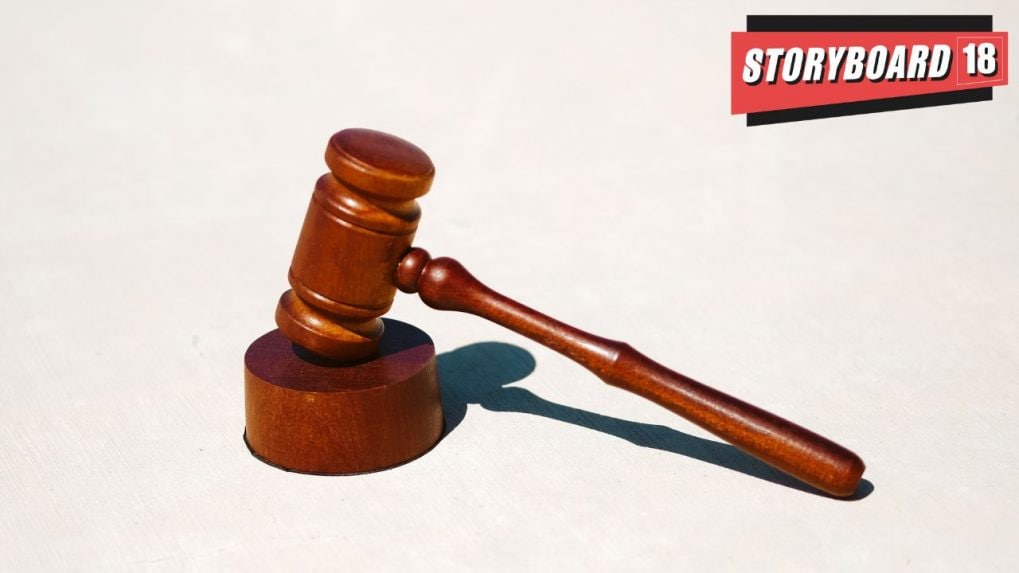Digital
Why OpenAI is hiring 100 ex-bankers: Inside the ChatGPT-maker's secret project to automate Wall Street's grunt work

The fair trade watchdog, the Competition Commission of India (CCI), launched searches at multiple advertising agencies across the country on March 18. CCI officials raided offices of GroupM, Dentsu and Interpublic Group in Mumbai, New Delhi and Gurugram. Officials also visited the Indian Broadcasting and Digital Foundation office for investigation.
The action comes after CCI initiated a case against the agencies and top broadcasters over allegedly fixing ad rates and discounts. The case involves top agencies and top broadcasters over allegedly fixing ad rates and discounts. As per multiple sources, the reason behind the raid is the potential cartelisation and price-fixing in the advertising and media industry.
It has been reported that authorities have blocked the entries and exits of the offices of media agencies and seized the phones and laptops of employees.
A senior media veteran said told Storyboard18, "It looks like there is a bit of understanding between media agencies and media owners. This has been alluded often but has never been proven. I don’t remember the industry being raided enmass before. The last time there was strife was when BARC was under investigation."
Sandeep Goyal, chairman, Rediffusion added, "This was going to happen sooner or later... it is about colluding with broadcasters but the CCI would be perhaps more interested in figuring out Group M's monopoly of the media buying business. They easily enjoy 50% or more market share and the market share such as that is nothing short of predatory."
Under Section 3(3) of the Competition Act, 2002, any agreement between players in the same industry that directly or indirectly determines prices or restricts competition is illegal.
The suspicion here, according to Sonam Chandwani, Managing Partner at KS Legal & Associates, is that these agencies colluded with broadcasters to fix advertising rates, thereby limiting the ability of advertisers to negotiate competitive pricing. If proven, this would mean that large advertisers, who depend on these agencies for media planning and buying, were systematically overcharged through a coordinated manipulation of discounts, commissions, or bidding processes.
"The CCI’s search and seizure operations under Section 41 suggest that there was prima facie evidence of wrongdoing, possibly through internal communications or financial transactions that indicate collusion," she added.
The investigation now will focus on unearthing emails, pricing agreements, internal meeting records, or coordinated rate cards that suggest anti-competitive behavior.
If these firms are found guilty, the penalties could be severe fines up to 10% of their average annual turnover under Section 27, possible debarment from working with certain broadcasters, and mandatory corrective measures like greater transparency in pricing.
According to the legal expert, this case could set a strong precedent for the advertising industry, forcing agencies and broadcasters to rethink their pricing structures and ensure fair competition in media buying.
From purpose-driven work and narrative-rich brand films to AI-enabled ideas and creator-led collaborations, the awards reflect the full spectrum of modern creativity.
Read MoreIn a wide-ranging interview with Storyboard18, Sorrell delivers his frankest assessment yet of how the deal will redefine creativity, media, and talent across markets.